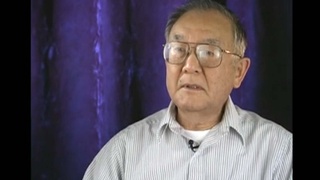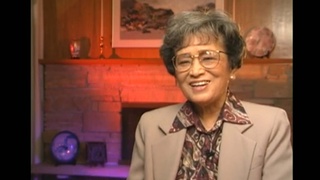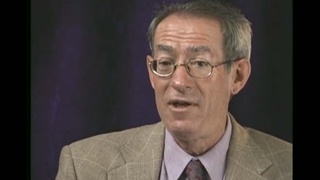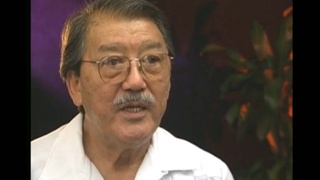Interviews
Inouye’s strategy for educating the American public
I remember Senator Inouye would put his arm around Matsunaga’s shoulder and said, you know, if we introduce this thing now, I don’t think Bob [Matsui] is going to be here next time. He said I could introduce this bill into Congress next week if you want me to, but I could also tell you one other thing, it would never pass. And he said, how many congressmen really know about the Japanese American incarceration experience? He said, very few. And most of the congressmen are very young now, and they were not around during the Second World War. He thought that what we need to do more than anything else is to educate the American public and to educate the American public, he said, one of the most effective ways would be to hold—have a presidential commission forum, that would go around the country and have at least a minimum of ten hearings. He said, this would generate a tremendous amount of publicity, and also would inform the public, and this is what we need to do.
Date: July 1-2, 1998
Location: California, US
Interviewer: Mitchell Maki, Darcie Iki
Contributed by: Watase Media Arts Center, Japanese American National Museum








